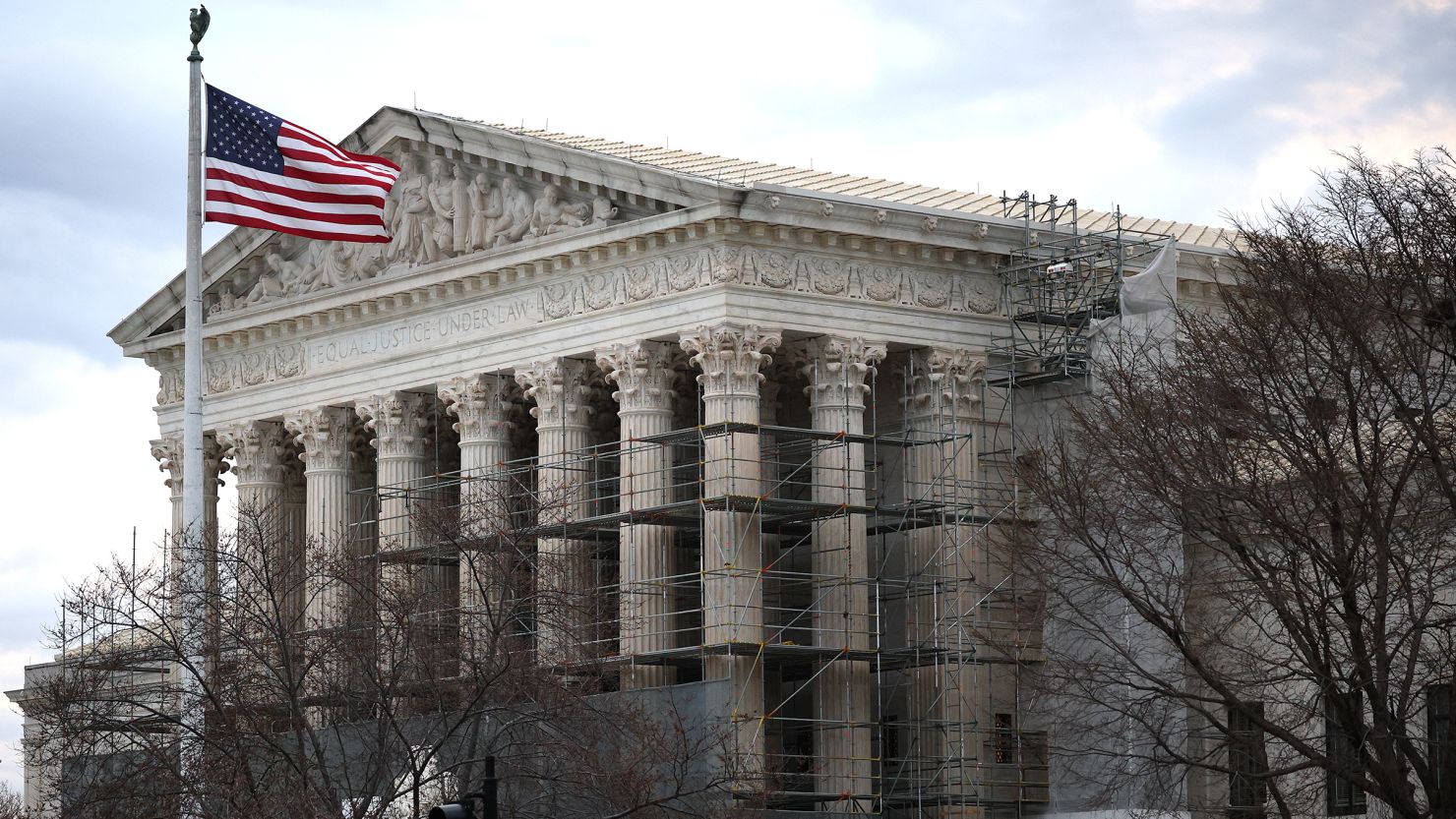On April 19, 2025, the U.S. Supreme Court issued a temporary freeze on the deportation of certain immigrants under the Alien Enemies Act. This emergency order was issued in response to a group of Venezuelan migrants facing deportation by the Trump administration. The Court’s decision came after a last-minute appeal from their attorneys, who argued that the migrants had not received sufficient notice of their deportation, denying them a chance to contest the action.
Court’s Decision and Dissenting Opinions
The Supreme Court’s brief ruling did not include an explanation, but it ordered the Trump administration to halt deportations of the affected individuals until further notice. Conservative Justices Samuel Alito and Clarence Thomas dissented, expressing disagreement with the Court’s temporary order.
The ruling follows a legal dispute where a federal judge in Washington, D.C., had earlier declined to intervene, claiming he lacked the authority to stop the deportations. Judge James Boasberg expressed sympathy for the migrants’ situation but cited his inability to act given the legal framework.
Legal Challenges and Emergency Appeal
The case involves a group of Venezuelan migrants detained in Texas who were at risk of being deported under the controversial Alien Enemies Act, a law dating back to the 18th century, which allows the government to bypass certain immigration procedures during wartime or national security emergencies. The migrants’ legal representatives, including attorneys from the American Civil Liberties Union (ACLU) and Democracy Forward, argued that the Trump administration was moving forward with deportations without giving them proper notice or time to challenge the decisions.
The Role of the 5th Circuit Court of Appeals
The Supreme Court’s decision also directs the Trump administration to respond to the emergency appeal once the 5th U.S. Circuit Court of Appeals in Louisiana takes further action in the case. The Court’s order places a temporary hold on any deportation flights until further proceedings.
Ongoing Legal Disputes Over the Alien Enemies Act
This case is not the first time the Alien Enemies Act has been scrutinized in the courts. Last week, the Supreme Court had permitted the administration to use the Act, but it stipulated that individuals being deported under this law must be given notice and an opportunity to challenge their removals. This decision marks a critical moment in the administration’s aggressive efforts to use the Alien Enemies Act to expedite deportations.
Contempt Proceedings and Legal Backdrop
On the same day, a federal appeals court temporarily halted plans by Judge Boasberg to initiate contempt proceedings against the Trump administration for allegedly defying an earlier ruling in the case. The prior ruling, which aimed to pause deportations under the law, was overturned by the Supreme Court, leading to a legal standoff between the courts and the government.
Key Concerns Over Due Process
One of the core issues in the ongoing litigation is the due process rights of the migrants. The attorneys representing the detainees highlighted that the government had provided the deportation notices with less than 24 hours’ notice, preventing the migrants from having a fair opportunity to contest the decision. These concerns were exacerbated by the lack of clear instructions on how detainees could challenge their removals.
In response, a Department of Justice (DOJ) attorney stated that while the Supreme Court’s ruling required the government to provide notice, it did not mandate a full legal process for contesting deportations. This led to further doubts about whether the Trump administration’s actions were in compliance with the Court’s orders.
The Path Forward
The legal battle over the Alien Enemies Act continues, with both the government and the migrant attorneys awaiting action from the appeals court. This case highlights the complex intersection of national security concerns and immigrant rights, and the ongoing debate about the use of 18th-century laws in the modern immigration landscape.





